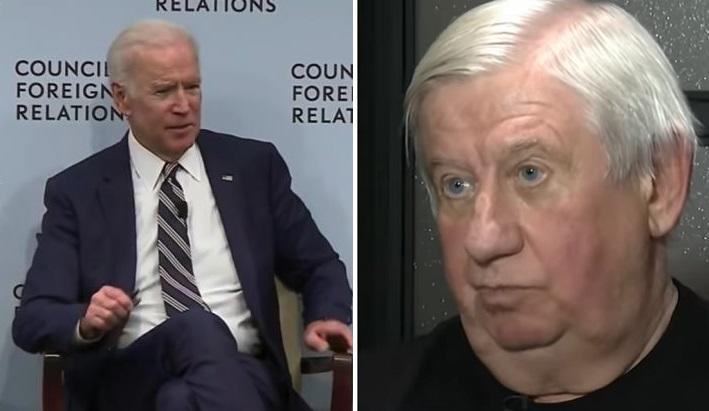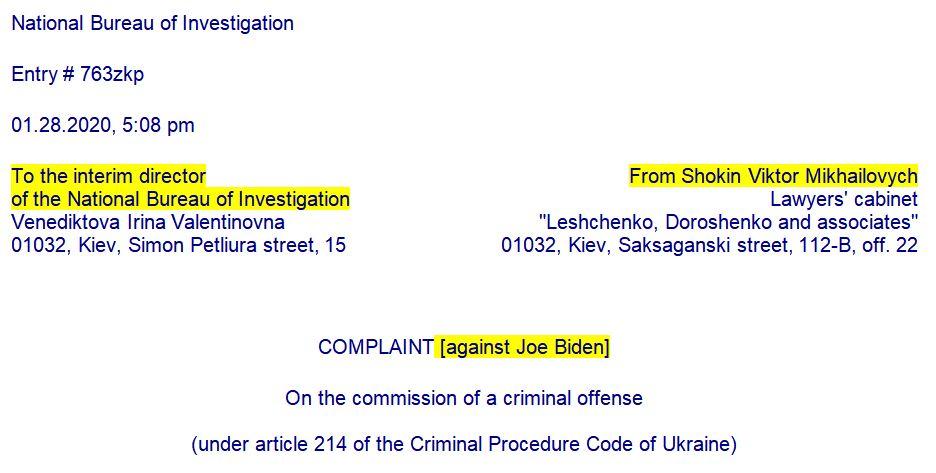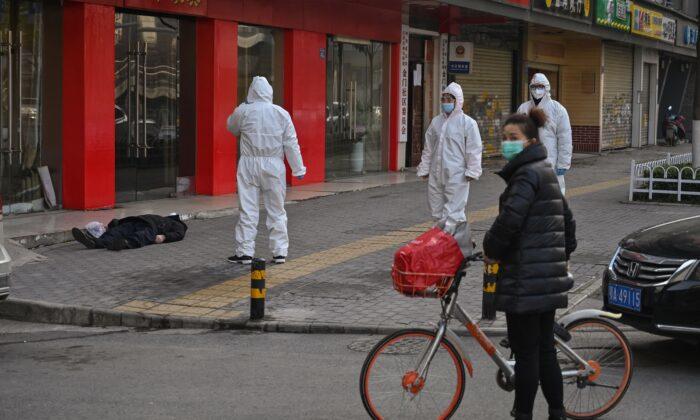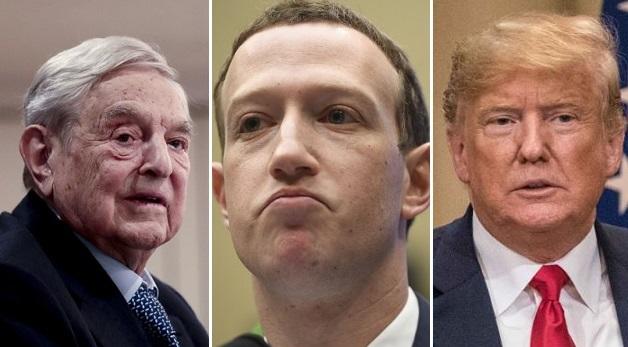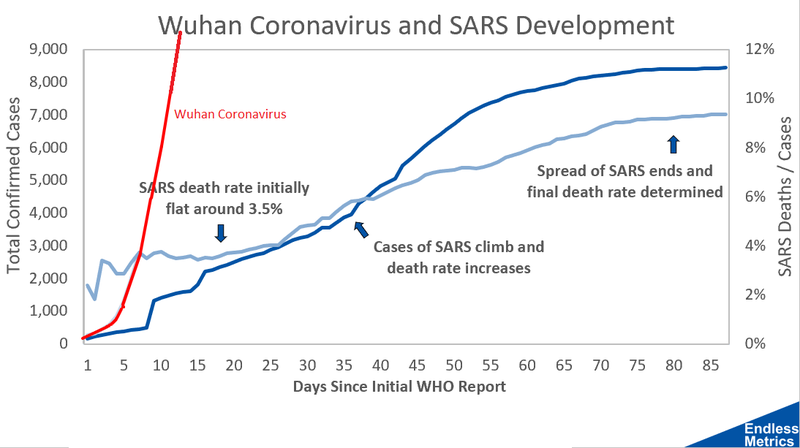On Thursday morning, the New York Times published my much-ballyhooed op-ed. The night before, I resolved not to check my Twitter notifications for the foreseeable future. At the time, I described the pause as a Twitter “detente.” Ten days later, the detent is holding. I still get Twitter direct messages (DMs) from friends, which I read and respond to. And I’ll click on a tweet that is embedded in a news story. I will also post links to my new content. But I do not “scroll” through my timeline. Nor do I check my “notifications.” I broadcast, but do not consume. And I don’t miss it.
For the past few years, my feelings on Twitter have been very mixed. I appreciate the opportunity to share my ideas with a wide audience. If my tweets were retweeted, I could reach hundreds of thousands in a few moments. I also appreciated, in the abstract at least, the chance to quickly respond to others who are writing on similar areas. And Twitter direct messages was a quick and easy way to directly contact someone.
But there were significant drawbacks. Twitter creates an addictive, time-suck. I found myself spending hours every day scrolling through the timeline, constantly refreshing (swipe-down!) to see the latest tweets. And if someone responded (@’ed me), I would go back and forth countless times. Eventually, I stopped engaging with those who replied to me, but I would still those responses. Sometimes I would email the person offline to address the issue, but I would usually take no action.
On several occasions, I considered breaking up with Twitter–you should acknowledge it becomes something of a relationship. But I got cold feet. Why? I worried that I would miss something. That there would be some breaking news story that I did not catch right away. Or that there was some important exchange between professors that I should see. Or I would be out of the loop on some development. That fear is rational, but I think overstated.
Last week, I finally pulled the plug. And it feels great. I think I have regained probably 1 to 2 hours per day of time I didn’t use to have. I no longer worry about the complete waste of time that are Twitter mentions. If you replied to me during the past 10 days, and think it was important, please email me. Otherwise, please presume that threads you sent my way dissolved into the ether.
What about breaking news story? Yes, staying off Twitter puts me at a disadvantage. For example on Monday, the Supreme Court issued a stay in the public charge case. I did not find out till about an hour later when it popped off my RSS feed. There was a point in my career where waiting an hour to learn about a Supreme Court stay order would been intolerable. Now? Who cares. There are reporters who are paid to follow these breaking news stories. I can get to it on my own time. And invariably, if something happens that concerns me, someone tells me. For example, a friend texted me about the 5th Circuit’s en banc order in the Obamacare case.
In short, I don’t miss Twitter. I am grateful for the newfound time I have reclaimed. And I don’t plan to rejoin. I hope others stop chasing the tweety-bird and find much more productive ways to spend their time.
from Latest – Reason.com https://ift.tt/2GNeG1a
via IFTTT
